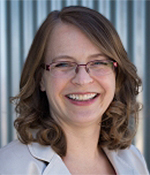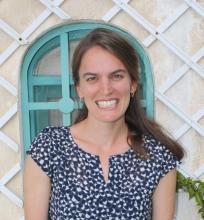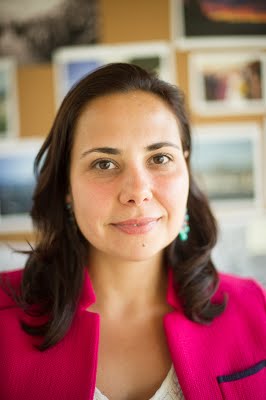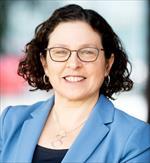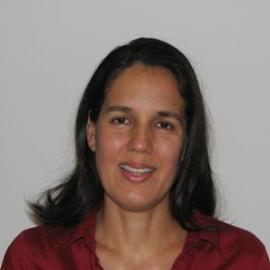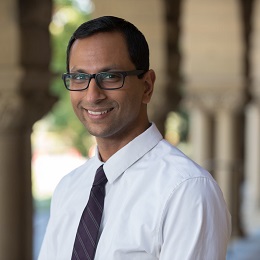"Challenges with Using Simulation Models to Plan and Refine COVID Testing for High-risk Populations"
Sanjay Basu, Harvard University
Abstract: Simulations models are frequently used during infectious disease outbreaks to guide policy and practice. This talk will discuss the use and refinement of COVID simulation models to help develop a testing network, define testing plans and refine them for high-risk populations--including homeless shelters, nursing homes, meat-packing plants, and similar congregate worksites--and address limitations and uncertainties presented by those models that were informed by implementation of their results.
Bio: Sanjay Basu, MD, PhD, is a primary care physician at Tenderloin Health Services—an integrated primary care, behavioral health, and substance use treatment clinic in San Francisco—and Director of Research at Collective Health.

